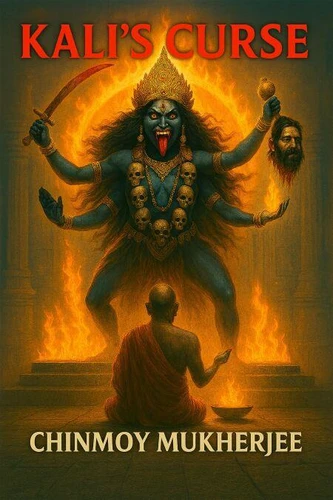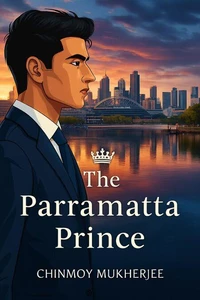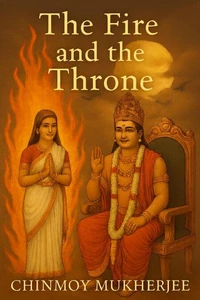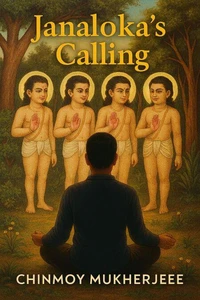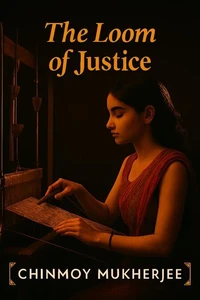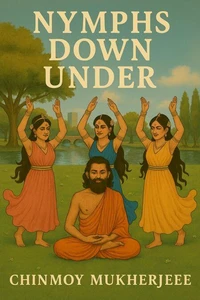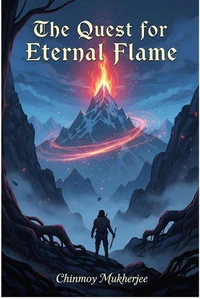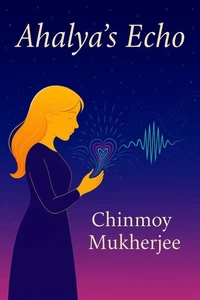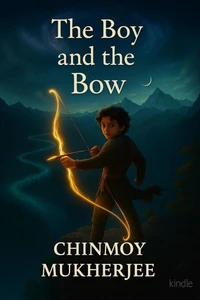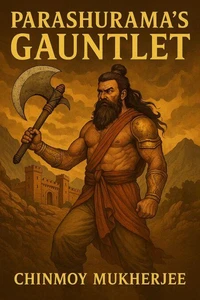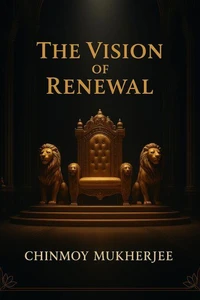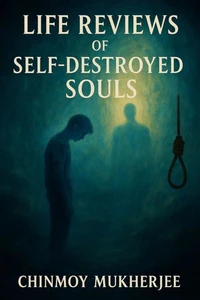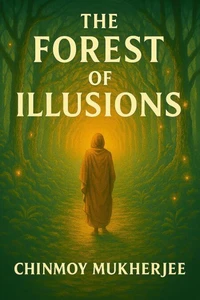Nouveauté
Kali's Curse
Par :Formats :
Disponible dans votre compte client Decitre ou Furet du Nord dès validation de votre commande. Le format ePub est :
- Compatible avec une lecture sur My Vivlio (smartphone, tablette, ordinateur)
- Compatible avec une lecture sur liseuses Vivlio
- Pour les liseuses autres que Vivlio, vous devez utiliser le logiciel Adobe Digital Edition. Non compatible avec la lecture sur les liseuses Kindle, Remarkable et Sony
 , qui est-ce ?
, qui est-ce ?Notre partenaire de plateforme de lecture numérique où vous retrouverez l'ensemble de vos ebooks gratuitement
Pour en savoir plus sur nos ebooks, consultez notre aide en ligne ici
- FormatePub
- ISBN8231894215
- EAN9798231894215
- Date de parution22/08/2025
- Protection num.pas de protection
- Infos supplémentairesepub
- ÉditeurWalzone Press
Résumé
In the serpentine lanes of Bengal, where the air is thick with the heavy, cloying fragrance of jasmine blossoms twining around crumbling stone walls and the acrid, drifting smoke of evening prayers from countless flickering oil lamps, there exists a parallel current, a river of shadows that flows just beneath the vibrant, sun-drenched surface of everyday life. The golden hour light slants low, painting the dust-filled air in hues of amber and rose, momentarily softening the hard edges of poverty.
Yet, this beauty is fragile, a thin veil over a world of whispered incantations, of faith that curdles into fear, and of remedies that smell less of healing herbs and more of the grave. Here, gods and demons are not distant concepts but intimate neighbors, their ancient stories woven into the very fabric of existence, and fate is a thing to be bartered with, wrestled from the heavens by those who know the secret, dangerous words.
The air in these hidden places always carries the same cloying perfume: the sweet, almost funereal scent of marigolds, their orange and yellow petals heaped at temple doorways, the sharp, clean bite of camphor burning on small clay altars, and the heavy, holy smoke of incense spiraling upwards, carrying silent pleas and desperate vows. But beneath it all, a more sinister aroma lurks, something acrid and unsettlingly metallic, a scent that whispers of ambition soured into poison.
It's the metallic tang of old blood, perhaps, or the bitter essence of a concoction brewed in secrecy. This is the world of the tantric, the weaver of spells, a figure cloaked in shadows, who deals in remedies for the desperate. His voice, a low, gravelly murmur, promises solace but delivers a different kind of darkness. He offers gnarled roots like the Alok lata, a parasitic vine whose vibrant yellow tendrils visually belie its deadly nature, a symbol that strangles the life from its host - a fitting, insidious emblem for the magic he wields.
Yet, this beauty is fragile, a thin veil over a world of whispered incantations, of faith that curdles into fear, and of remedies that smell less of healing herbs and more of the grave. Here, gods and demons are not distant concepts but intimate neighbors, their ancient stories woven into the very fabric of existence, and fate is a thing to be bartered with, wrestled from the heavens by those who know the secret, dangerous words.
The air in these hidden places always carries the same cloying perfume: the sweet, almost funereal scent of marigolds, their orange and yellow petals heaped at temple doorways, the sharp, clean bite of camphor burning on small clay altars, and the heavy, holy smoke of incense spiraling upwards, carrying silent pleas and desperate vows. But beneath it all, a more sinister aroma lurks, something acrid and unsettlingly metallic, a scent that whispers of ambition soured into poison.
It's the metallic tang of old blood, perhaps, or the bitter essence of a concoction brewed in secrecy. This is the world of the tantric, the weaver of spells, a figure cloaked in shadows, who deals in remedies for the desperate. His voice, a low, gravelly murmur, promises solace but delivers a different kind of darkness. He offers gnarled roots like the Alok lata, a parasitic vine whose vibrant yellow tendrils visually belie its deadly nature, a symbol that strangles the life from its host - a fitting, insidious emblem for the magic he wields.
In the serpentine lanes of Bengal, where the air is thick with the heavy, cloying fragrance of jasmine blossoms twining around crumbling stone walls and the acrid, drifting smoke of evening prayers from countless flickering oil lamps, there exists a parallel current, a river of shadows that flows just beneath the vibrant, sun-drenched surface of everyday life. The golden hour light slants low, painting the dust-filled air in hues of amber and rose, momentarily softening the hard edges of poverty.
Yet, this beauty is fragile, a thin veil over a world of whispered incantations, of faith that curdles into fear, and of remedies that smell less of healing herbs and more of the grave. Here, gods and demons are not distant concepts but intimate neighbors, their ancient stories woven into the very fabric of existence, and fate is a thing to be bartered with, wrestled from the heavens by those who know the secret, dangerous words.
The air in these hidden places always carries the same cloying perfume: the sweet, almost funereal scent of marigolds, their orange and yellow petals heaped at temple doorways, the sharp, clean bite of camphor burning on small clay altars, and the heavy, holy smoke of incense spiraling upwards, carrying silent pleas and desperate vows. But beneath it all, a more sinister aroma lurks, something acrid and unsettlingly metallic, a scent that whispers of ambition soured into poison.
It's the metallic tang of old blood, perhaps, or the bitter essence of a concoction brewed in secrecy. This is the world of the tantric, the weaver of spells, a figure cloaked in shadows, who deals in remedies for the desperate. His voice, a low, gravelly murmur, promises solace but delivers a different kind of darkness. He offers gnarled roots like the Alok lata, a parasitic vine whose vibrant yellow tendrils visually belie its deadly nature, a symbol that strangles the life from its host - a fitting, insidious emblem for the magic he wields.
Yet, this beauty is fragile, a thin veil over a world of whispered incantations, of faith that curdles into fear, and of remedies that smell less of healing herbs and more of the grave. Here, gods and demons are not distant concepts but intimate neighbors, their ancient stories woven into the very fabric of existence, and fate is a thing to be bartered with, wrestled from the heavens by those who know the secret, dangerous words.
The air in these hidden places always carries the same cloying perfume: the sweet, almost funereal scent of marigolds, their orange and yellow petals heaped at temple doorways, the sharp, clean bite of camphor burning on small clay altars, and the heavy, holy smoke of incense spiraling upwards, carrying silent pleas and desperate vows. But beneath it all, a more sinister aroma lurks, something acrid and unsettlingly metallic, a scent that whispers of ambition soured into poison.
It's the metallic tang of old blood, perhaps, or the bitter essence of a concoction brewed in secrecy. This is the world of the tantric, the weaver of spells, a figure cloaked in shadows, who deals in remedies for the desperate. His voice, a low, gravelly murmur, promises solace but delivers a different kind of darkness. He offers gnarled roots like the Alok lata, a parasitic vine whose vibrant yellow tendrils visually belie its deadly nature, a symbol that strangles the life from its host - a fitting, insidious emblem for the magic he wields.

